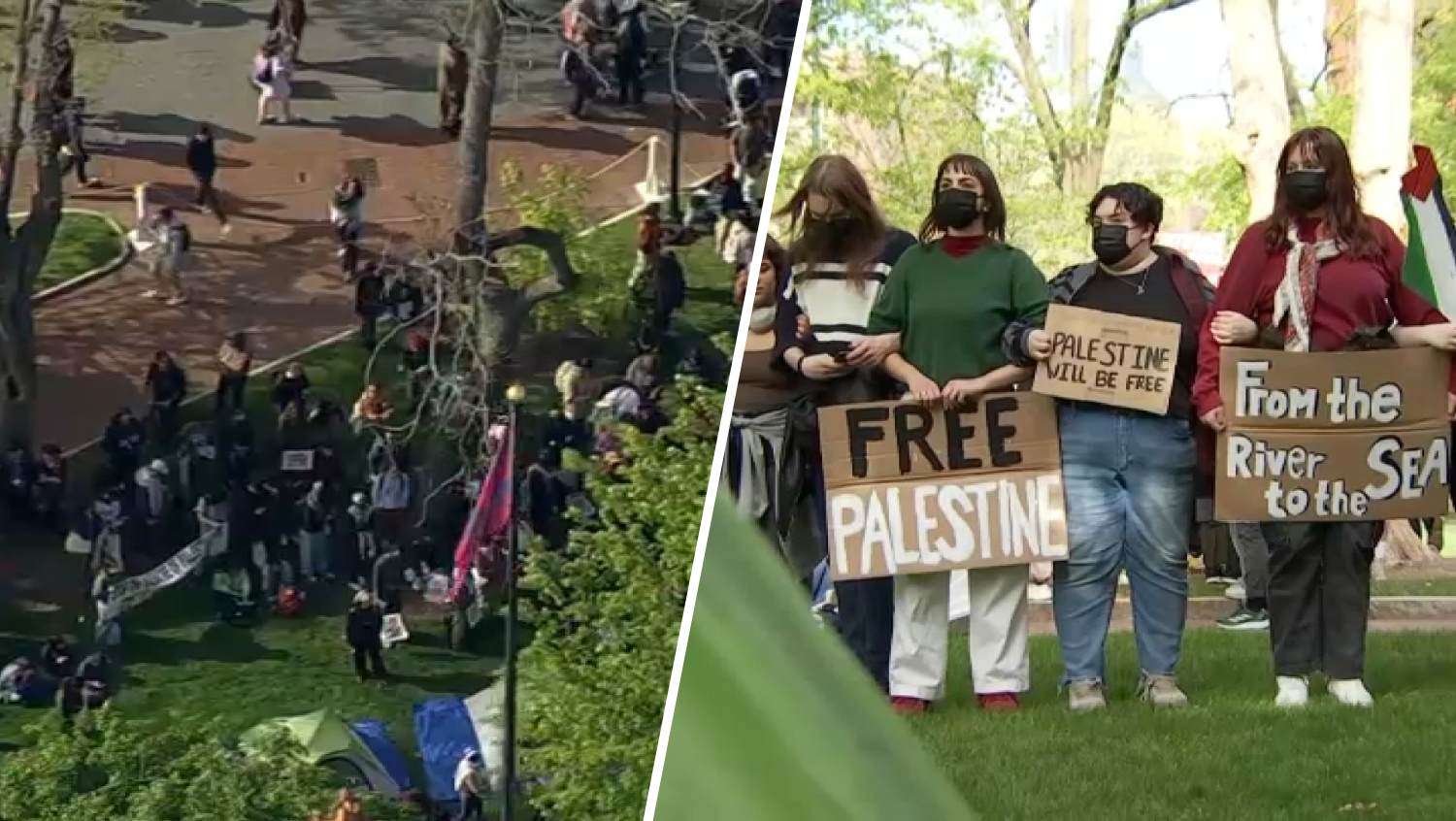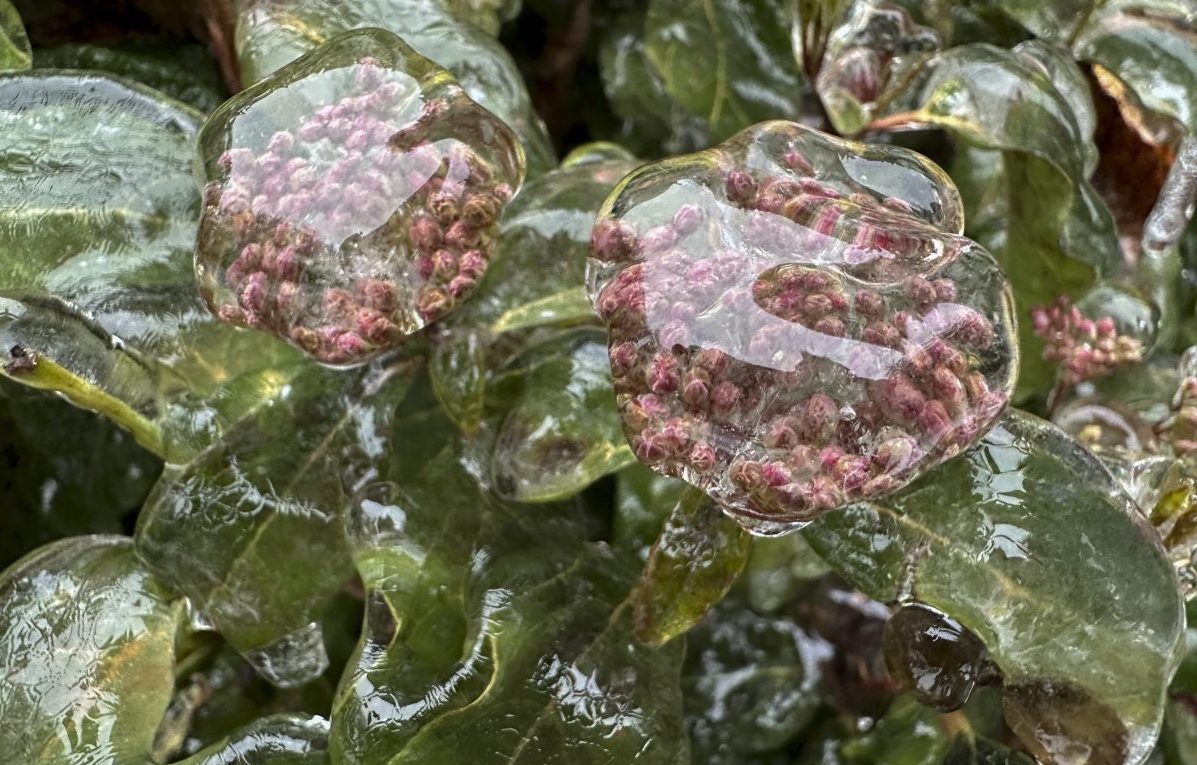The greater Philadelphia region is reeling from a cold winter snap that has made temperatures plummet into the single-digits and feel like they're in the negatives.
While the area is not as cold as say Chicago, where it's colder than some parts of Siberia and Antarctica, the temperatures closer to home still pose a very real danger. Given that the bitter weather is here to stay until at least Friday, it's best to know how to deal with that cold until then.
Here's what you should know:
Protecting Yourself:
The best thing to do when temperatures hit freezing is to stay indoors and try to stay warm.
If you have to go outside, be careful not just driving but walking; the arctic blast in the region has caused icing on some sidewalks that could make you slip and fall. The best thing to do, believe it or not, is walk like a penguin.
[NATL] 6 Essential Life Hacks for Surviving Cold Winter Weather
When outdoors, layer up and cover all exposed skin as frostbite can set in quickly. Because it causes numbness, frostbite can hit you without you even knowing it, according to the Centers for Disease Control and Prevention.
Watch for other signs like skin that looks red or grayish-yellow, or feels hard or waxy. What you don't want to do, though, is start massaging the area, since this can cause more damage. Instead, the CDC recommends ditching any wet clothes, getting into a warm room, tucking yourself under layers of blankets, placing any affected skin in warm-to-touch water and of course seeking medical help.
Local
Breaking news and the stories that matter to your neighborhood.
It's also important to watch for hypothermia, whose signs include shivering, exhaustion, confusion, slurred speech and drowsiness. If you have a baby, watch for bright red and cold skin and low energy.
Protecting Your Home:
If you're using a space heater, remember to keep anything flammable at least three feet away so as not to cause a fire. If you're using a kerosene heater or a fireplace, make sure your smoke and carbon monoxide detectors are working. However, do not use an oven or stove to warm your home.
[NATL] Scenes From 'Chiberia' and Beyond: Polar Vortex Sweeps US
To avoid frozen pipes, the Pennsylvania Emergency Management Agency says you should wrap exposed pipes and your water meter in insulation. Other tips to prevent freezing pipes include keeping cold water running at a trickle, opening cabinet doors to allow warmer air to circulate around the plumbing, keeping garage doors closed and setting your thermostat to at least 55 degrees Fahrenheit.
Protecting Your Car:
If you want to make sure your car runs, Ready.gov says you should keep the tank half full to prevent the fuel line from freezing. Also pack a few blankets in case you get stranded and need to stay warm.
Snow squalls can cause whiteout conditions and bad accidents. The Pennsylvania Department of Transportation recommends that if you're driving, gradually slow down, stay in your lane, increase your following distance and stay alert for anything that might happen on the road.
Protecting You Pets:
Yes, they may have a thick fur coat, but your pets can still die from the cold and wind. When temperatures dip, bring them inside and make sure they're dry.
If you absolutely can't bring them in, make sure their shelter is adequately insulated to keep them warm. You can even add straw to help with the insulation. If you see a pet that's left outside without adequate shelter, you can report it to ACCT Philly by calling 267-385-3800 and dialing 1.
Your furry pals also burn more calories trying to stay warm in the cold, according to the Humane Society of the United States, so make sure to feed them a little extra to replace the calories.



